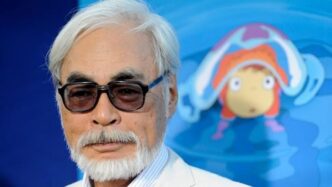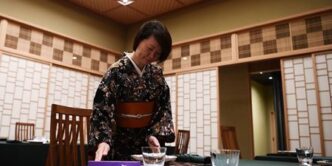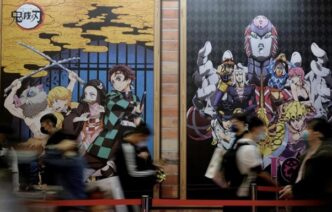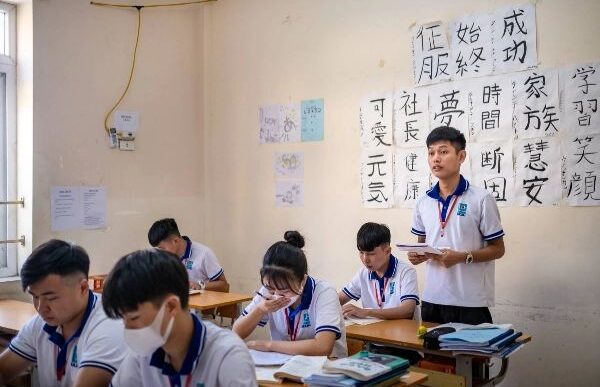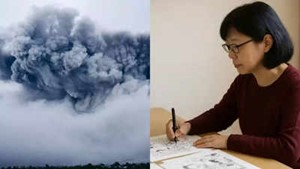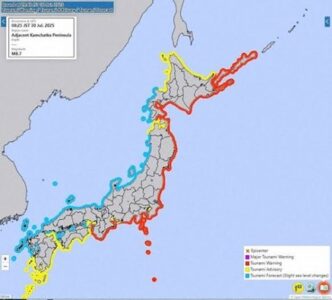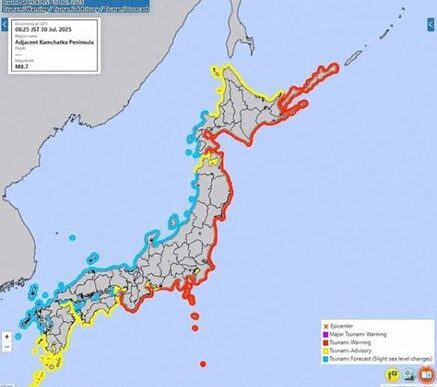In an era where cultural products travel faster than ever, East Asia—particularly Japan and South Korea—has quietly, yet definitively, outpaced the West in one key realm: emotionally resonant, artistically authentic pop culture. The contrast becomes especially striking when we juxtapose timeless Eastern creations like Studio Ghibli films with the West’s latest reboots of classics like Snow White. One embodies depth, craft, and cultural integrity. The other, more often than not, feels like a corporate checklist.
This isn’t to say the West has lost its creative edge entirely, but it’s increasingly clear that Japan and Korea have captured something Hollywood seems to have misplaced: soul.
Studio Ghibli: Storytelling Rooted in Soul
Studio Ghibli’s stories don’t scream for attention. They whisper truths—about childhood (My Neighbor Totoro), war (Grave of the Fireflies), the environment (Princess Mononoke), and identity (Spirited Away). Hayao Miyazaki’s work rarely hands you a moral on a platter. Instead, it trusts the viewer to feel, reflect, and grow. The worldbuilding is intricate, the characters flawed but endearing, and the animation lovingly hand-drawn.
Compare that to the West’s attempt to revive Snow White, where depth is replaced by digital gloss, and modernity is awkwardly pasted onto a 1937 framework. Disney’s new iterations often bend over backwards to be “relevant,” but end up hollow—appearing more concerned with optics than storytelling.
Where Ghibli thrives in subtlety and layered meaning, Western studios often fall into the trap of over-explaining, over-producing, and under-feeling.
K-Drama and K-Pop: The Emotional Fluency of Korean Pop Culture
South Korea’s global rise is not just an accident of marketing—it’s a product of relentless innovation and an emotional intelligence often missing in Western blockbusters. K-Dramas like Crash Landing on You or My Mister balance romance, trauma, comedy, and social commentary without sacrificing authenticity. They don’t shy away from pain or awkward silences. They linger—because life does too.
Then there’s K-Pop. Critics dismiss it as manufactured, but the reality is far more complex. Artists like BTS, Blackpink, and NewJeans aren’t just musicians—they’re cultural bridges. BTS sings about mental health, youth struggles, and self-love with poetic clarity, offering something deeper than the West’s frequent fixation on fame and hedonism. Even with all the glitter and choreography, there’s emotional storytelling embedded in the music, visuals, and fandom engagement.
Meanwhile, Western pop often feels caught between nostalgia and disruption—remaking the old while trying to stay edgy. It’s not a lack of talent; it’s a crisis of sincerity.
Why the East Wins: Cultural Depth Meets Modern Craft
Both Japan and South Korea have an advantage: they never fully abandoned tradition. Instead of flattening cultural identity to fit global standards, they’ve exported it. Japanese anime doesn’t apologize for being “too Japanese.” Korean shows don’t dilute their language or themes. They assume audiences will come along for the ride—and they do.
In contrast, Hollywood often rewrites stories for the “global market,” removing nuance, sanitizing emotion, or chasing algorithms. This approach may generate box office numbers, but rarely does it generate impact. The magic of storytelling lies in specificity—and Japan and Korea embrace that fully.
The West’s Path Forward: Learning, Not Copying
This isn’t a call for the West to mimic the East, but to learn from it. Originality matters. So does emotion. Studio Ghibli’s The Boy and the Heron won the Oscar not because it was flashy—it won because it dared to be intimate and bold in equal measure. K-Dramas dominate Netflix not because they check boxes, but because they tug at heartstrings.
The West has the tools, the talent, and the history. What it needs is the humility to return to what made its own classics timeless: real emotion, imaginative risk, and a deep respect for its audience.
Until then, it’s no surprise that when fans seek authenticity, magic, or meaning—they look East.
